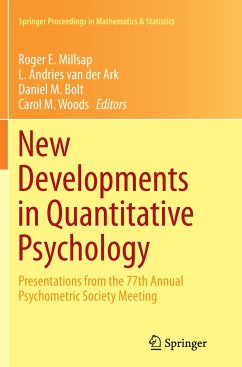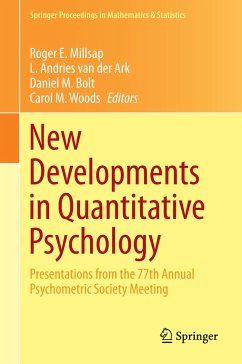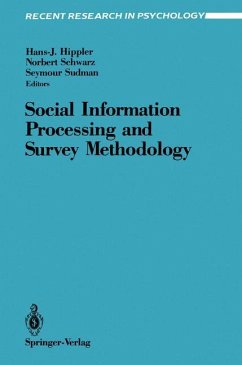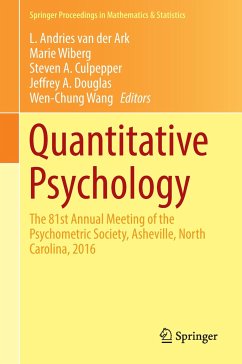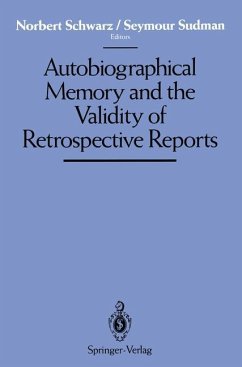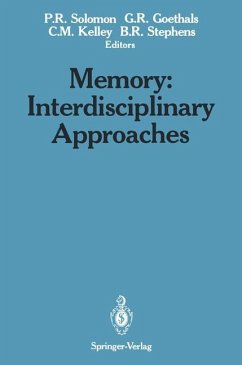
Context Effects in Social and Psychological Research
Versandkostenfrei!
Versandfertig in 1-2 Wochen
39,99 €
inkl. MwSt.

PAYBACK Punkte
20 °P sammeln!
0 e The contributors to this book review our current knowledge of context effects in survey research, psychological testing, and social judgement. Drawing on recent developments in cognitive psychology, they offer theoretical accounts of the conditions that lead to the emergence of various context effects and report a number of new experimental studies. At stake now are clear, practical needs in the structuring of reliable tests, and a strong interest to develop a coherent theoretical framework to assess and scrutinize context effects, in addition to the desire to align some of the findings in...
0 e The contributors to this book review our current knowledge of context effects in survey research, psychological testing, and social judgement. Drawing on recent developments in cognitive psychology, they offer theoretical accounts of the conditions that lead to the emergence of various context effects and report a number of new experimental studies. At stake now are clear, practical needs in the structuring of reliable tests, and a strong interest to develop a coherent theoretical framework to assess and scrutinize context effects, in addition to the desire to align some of the findings in survey research studies with the discoveries made in the information-processing field. This book attests to a fruitful dialogue between cognitive psychologists and survey researchers, as the cognitive processes initiated by question probes are really beginning to be understood and context effects classified and differentiated.






